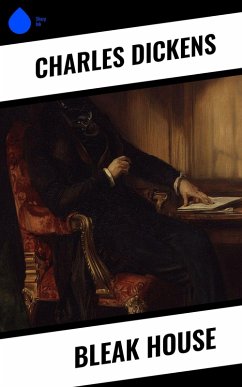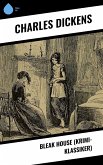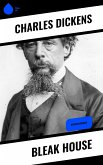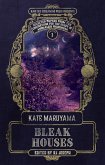In "Bleak House," Charles Dickens masterfully weaves a complex tapestry of Victorian society, exposing the pervasive impacts of the legal system through the lens of the infamous case of Jarndyce and Jarndyce. The novel is notable for its innovative narrative structure, featuring multiple perspectives that enhance the depth of character development and thematic exploration. Dickens employs his hallmark blend of satire and social critique, vividly portraying the struggles of the lower classes while critiquing the inefficacy and absurdity of the judiciary. The book reflects the burgeoning awareness of social injustices and the need for legal reform, emblematic of Dickens's broader concerns with the human condition in the industrial age. Charles Dickens (1812-1870) emerged as one of the foremost literary figures of his time, drawing from his own experiences of poverty and social strife to illuminate the plight of the underprivileged. His deep-seated empathy for the disadvantaged is evident throughout "Bleak House," as he synthesizes various elements of his life, including his early ancestry as a child laborer and the psychological scars of financial instability. A staunch advocate for social reform, Dickens used his pen as a weapon to effect change in the unjust practices of his world. "Bleak House" is an essential read for anyone interested in the intersection of literature and social justice. Dickens's poignant critique of the failings of the legal system remains strikingly relevant today. Readers will find themselves not only immersed in the rich, character-driven narrative but also prompted to reflect on the implications of a society marked by inequity and neglect. This novel is an invitation to delve into the depths of human compassion and societal critique, making it a profound addition to any literary canon.
Dieser Download kann aus rechtlichen Gründen nur mit Rechnungsadresse in A, B, BG, CY, CZ, D, DK, EW, E, FIN, F, GR, HR, H, IRL, I, LT, L, LR, M, NL, PL, P, R, S, SLO, SK ausgeliefert werden.









